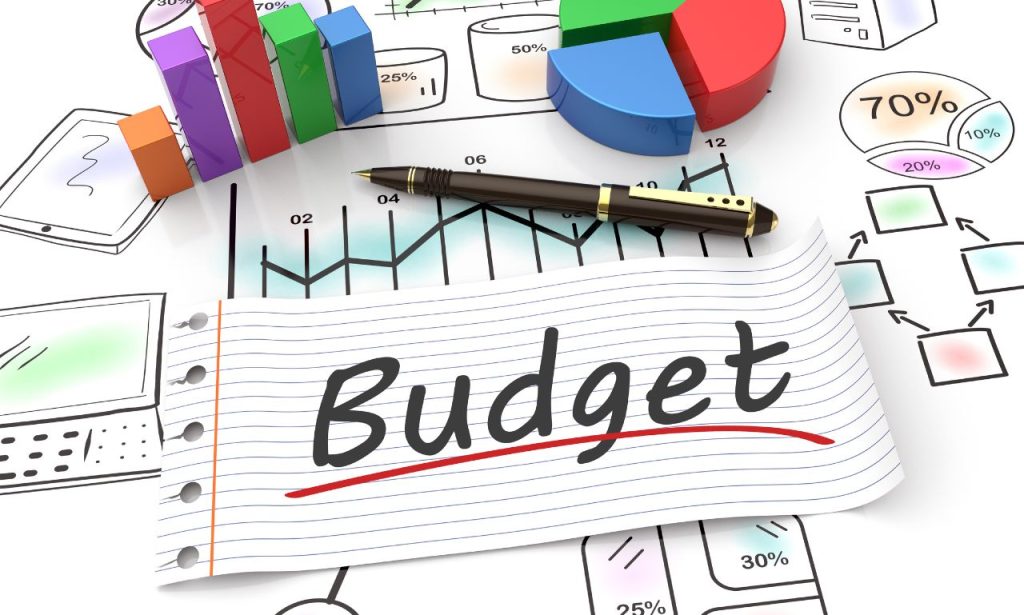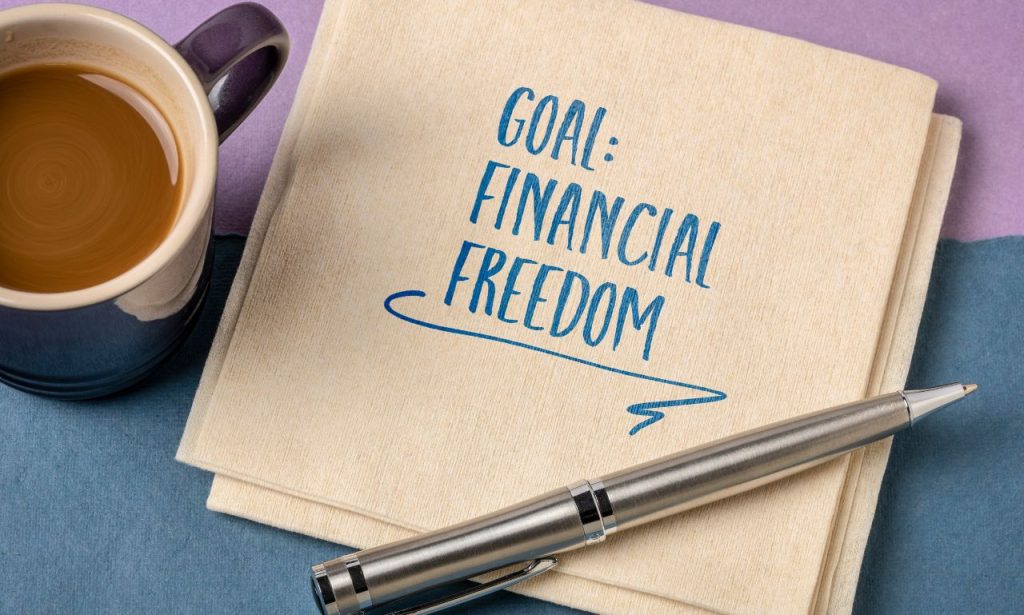Money management is like maintaining a car—you ignore it at your own risk. If you keep driving without regular checkups, you’ll eventually break down. The same principle applies to personal finances. Without clarity and organization, small leaks turn into massive holes in your wallet.
The good news? Anyone can master financial organization with the proper framework. This is not about becoming an overnight millionaire. It’s about getting control, reducing stress, and building a future that doesn’t keep you awake at night.
So, let’s roll up our sleeves and discuss how to organize personal finances in a way that feels practical, human, and sustainable.
Get a Clear Picture of Your Current Financial Health
The first step is shining a light on where you currently stand. Many people avoid this because they’re afraid of what they’ll find. But like any doctor will tell you, diagnosis is the first step toward recovery. Begin by considering your income, expenses, debts, and savings. Write them down or track them digitally. According to a 2023 NerdWallet study, the average U.S. household carries over $17,000 in credit card debt. Numbers like these underscore the importance of awareness.
Ask yourself: Do you know your net worth right now? Many don’t. Net worth is simply the value of your assets minus your liabilities. It’s not just for the wealthy—it’s your financial health scorecard.
Think of it like stepping on a scale before starting a fitness plan. It may not be fun, but it’s the foundation.
Build a Budget That Truly Works For You

Budgeting has a bad reputation. Some people hear the word and immediately think of restriction or guilt. A budget should feel like a roadmap, not a prison sentence.
There are several approaches, such as the 50/30/20 rule (needs, wants, savings/debt repayment). Others swear by zero-based budgeting, where every dollar has a specific purpose. Which one works best? The one you’ll actually stick to.
A 2022 U.S. Bank survey revealed that only 41% of Americans use a budget. Yet, people who do are far more likely to feel financially secure. That’s not a coincidence—it’s cause and effect.
Your budget should reflect your lifestyle and goals. Are you saving for a home? Planning to travel? Trying to crush debt? Build your plan with those priorities in mind.
Budgets aren’t meant to be static. They evolve as your life does. If your income grows, adjust. If expenses shift, tweak. Flexibility is key.
Streamline Your Accounts and Declutter Your Documents
Decluttering Your Digital Financial Life
In today’s digital-heavy world, financial clutter isn’t just paper stacked on desks. It’s the endless email receipts, online subscriptions, and forgotten accounts.
Start by listing every account—checking, savings, investment, and credit card. You’ll probably find some duplicates. Many people have three or four checking accounts they barely use. Consolidating not only reduces confusion but can save on fees.
Then, deal with subscriptions. Americans, on average, spend $219 monthly on subscriptions, often without realizing it. Audit what you’re really using. If you haven’t opened a streaming app in six months, that’s a red flag.
Digital organization also means backing up important files: store tax documents, insurance policies, and pay stubs in secure cloud folders. Label them clearly. Trust me, when tax season comes, you’ll thank yourself.
Organizing Physical Financial Documents
Physical clutter still matters. Old statements, outdated insurance papers, and random receipts can overwhelm you quickly. Create a filing system: one for active documents (like current bills) and another for long-term essentials (like property deeds or wills).
Shred anything you don’t need—especially items with sensitive details. Identity theft is a billion-dollar industry, and loose papers make you an easy target.
A real-world story? One of my clients once found an old hospital bill shoved in a drawer. It had gone unpaid for years, quietly hurting their credit score. A simple filing system would have prevented that.
Automate Your Financial Flow for Effortless Management
The Power of Automation
Automation eliminates human error and procrastination from the equation. It’s like putting your finances on autopilot, allowing you to focus on living your life.
Most banks and financial apps allow you to set up automatic transfers to savings or investments. Even a small weekly transfer adds up. In fact, Acorns (a micro-investing app) found that users who automated their savings were twice as likely to save nearly twice as much as those who didn’t.
Automation isn’t laziness—it’s innovative systems thinking.
Setting Up Automatic Bill Payments
Late fees are the silent killer of financial stability. According to the CFPB, Americans pay over $12 billion annually in late fees. That’s money that could have been saved or used to pay down debt.
Set up automatic bill payments for recurring expenses, such as rent, utilities, and credit card bills. Just make sure your checking account balance supports it, or overdraft fees could bite back.
Tackle Debt Strategically and Improve Your Credit Health
Debt isn’t just a financial burden; it’s also an emotional one. The average borrower often feels shame, stress, and a sense of hopelessness. But debt doesn’t define you—it’s just math, and math can be solved.
Two proven strategies exist: the avalanche method (paying off the debt with the highest interest rate first) and the snowball method (tackling the smallest balances first to build momentum). Both work—it’s a matter of psychology versus efficiency.
Improving your credit health is equally important. Your credit score impacts loan approvals, mortgage rates, and even job opportunities. According to Experian, the average U.S. FICO score hit 715 in 2023, a record high. That’s encouraging, but not guaranteed for everyone.
On-time payments, low utilization, and avoiding unnecessary new credit accounts are the cornerstones of a healthy credit score. And yes, checking your credit score regularly does not hurt it—contrary to popular myth.
Set Clear Financial Goals and Plan for the Future

Dreaming without planning is just wishful thinking. Setting financial goals gives you direction. Do you want to buy a house, retire early, or start a business? Each requires different strategies.
Use SMART goals: Specific, Measurable, Achievable, Relevant, and Time-bound. For example, “Save $20,000 for a down payment in three years” is far stronger than “I want to save for a house.”
Retirement planning should also be part of the equation. Many delay this conversation, but the earlier you start, the easier it becomes. If your employer offers a 401(k) match, take advantage. That’s free money.
Don’t forget about building an emergency fund. Experts recommend 3-6 months of living expenses. A 2023 Bankrate report revealed that 57% of Americans were unable to cover a $1,000 emergency expense. That’s precisely why this step matters.
Conclusion
Learning how to organise personal finances isn’t about perfection. It’s about progress. Every step you take—whether it’s automating a bill, canceling an unused subscription, or creating your first budget—adds up.
Money doesn’t have to be a source of constant stress. With the right systems in place, it becomes a tool for freedom, not fear.
So, start today. Open your accounts, track your spending, and set a goal. Your future self will be grateful.
FAQs
Begin by tracking your income, expenses, and debts. Create a simple budget and declutter your accounts.
The best method is the one you can stick to—whether that’s the 50/30/20 rule or zero-based budgeting.
Yes. With secure banking apps and alerts, automation reduces late fees and improves consistency.
Pay on time, keep balances low, and avoid unnecessary new credit accounts.
Absolutely. Emergencies are unpredictable, and a cushion protects you from debt spirals.


